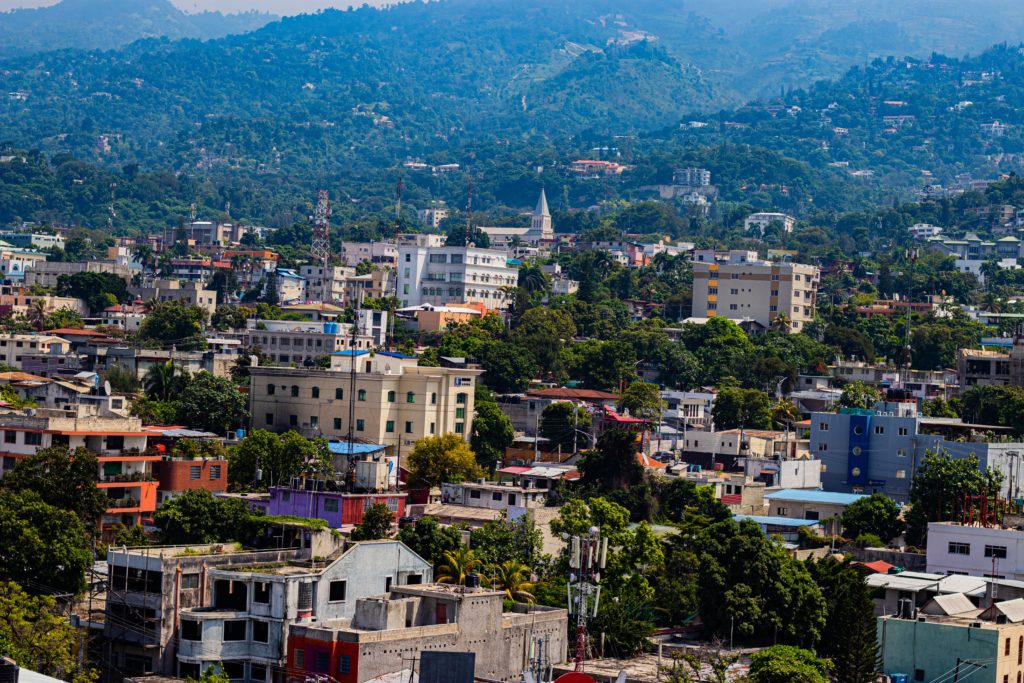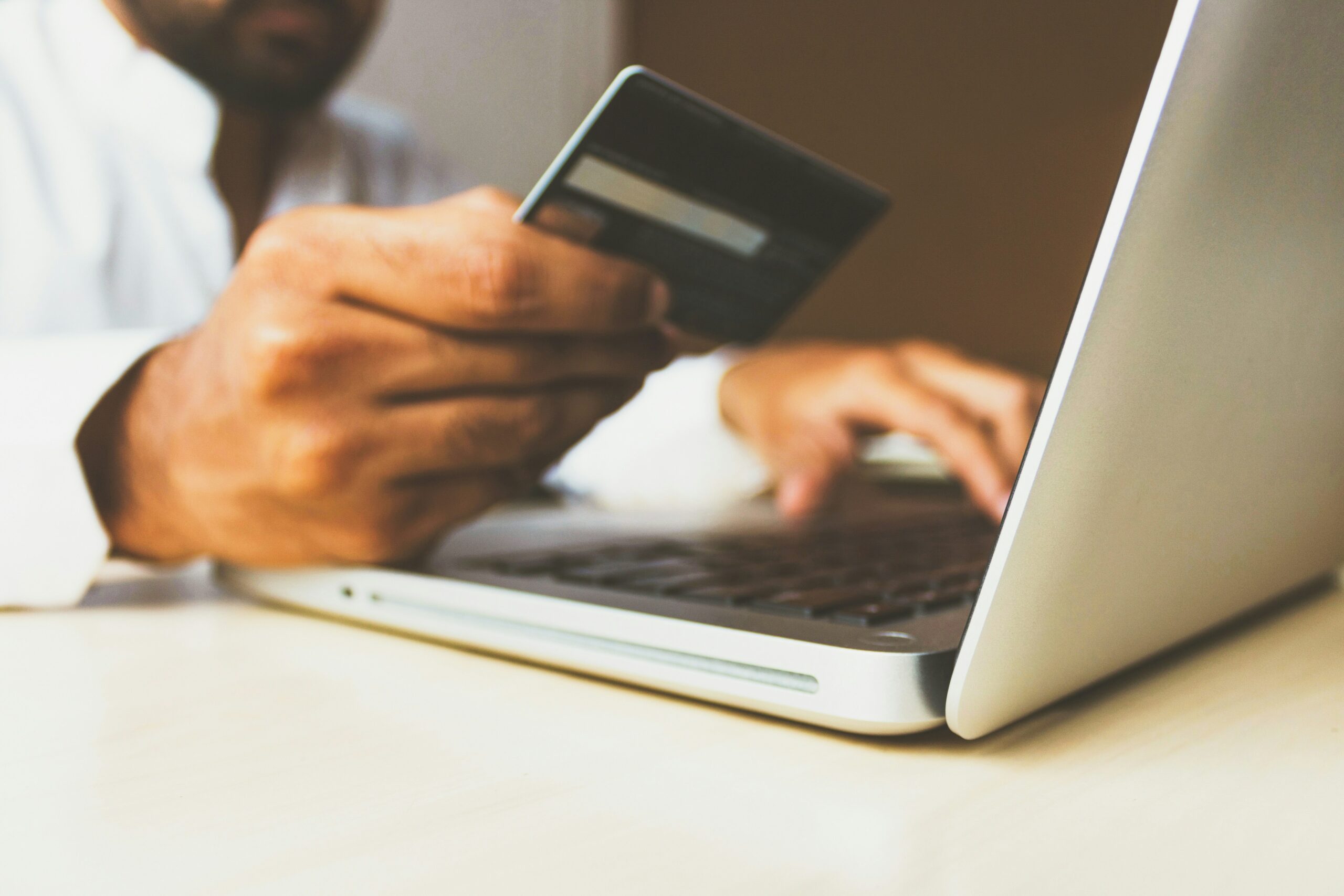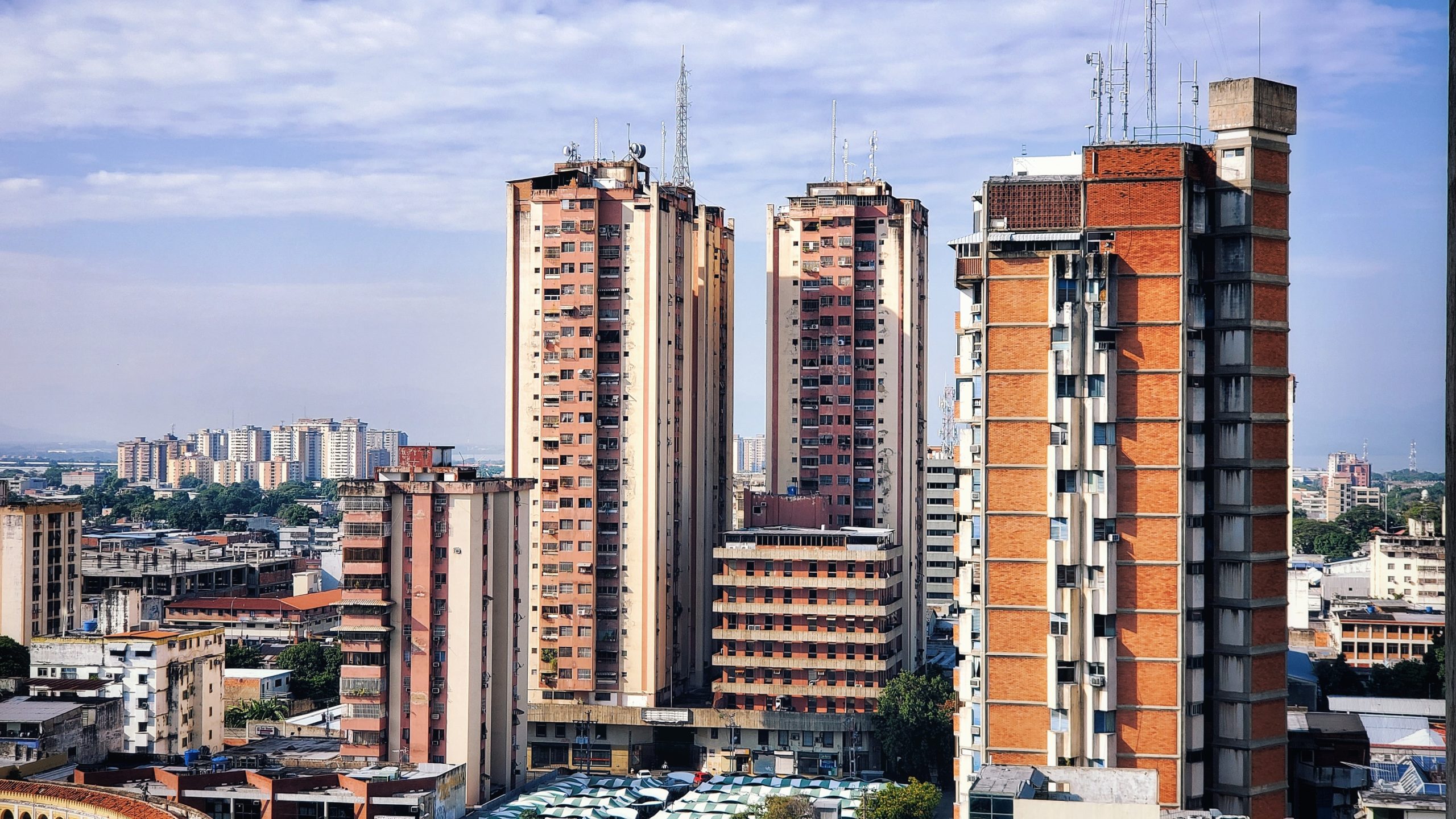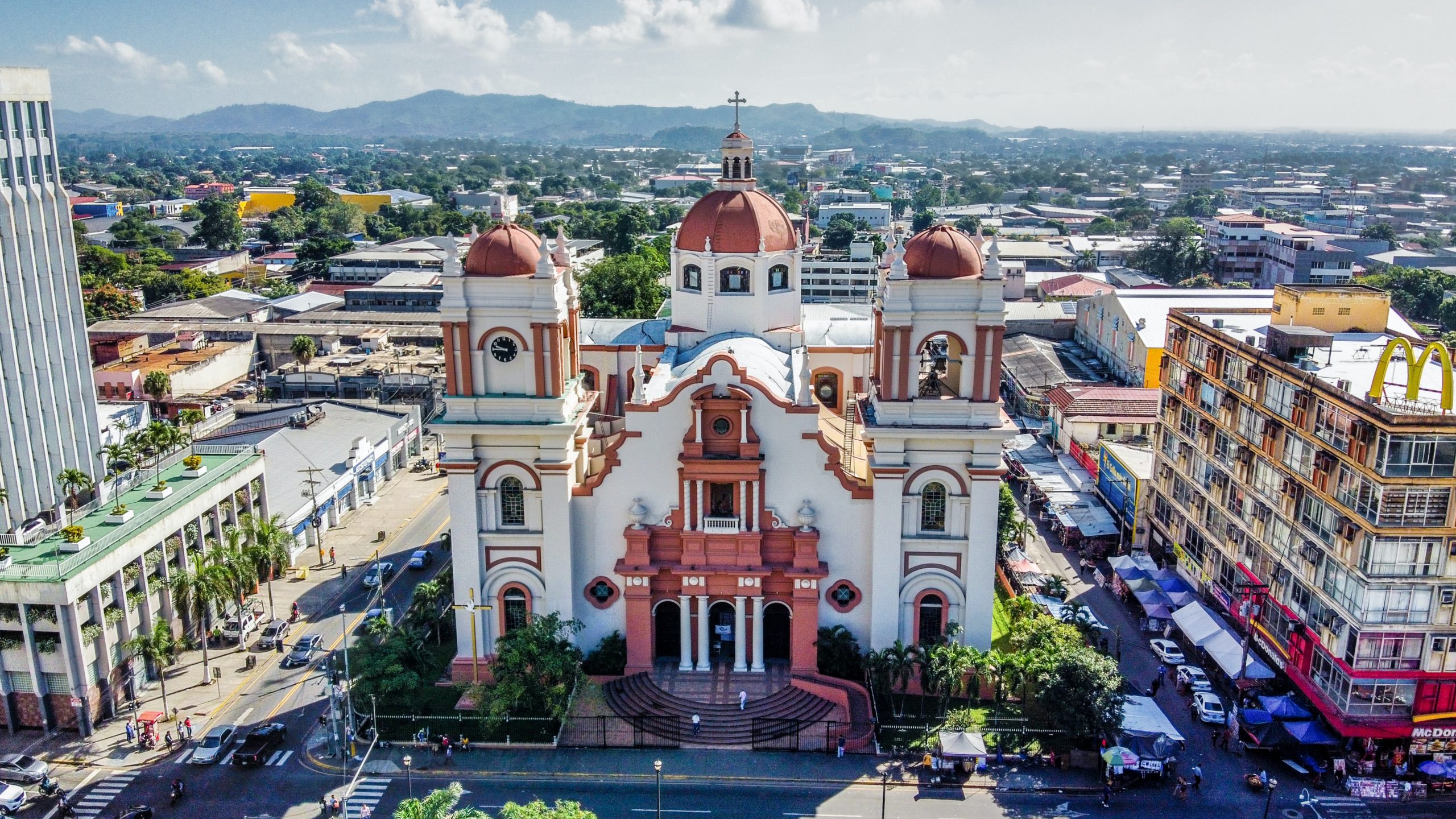Frequent trips to Haiti and building a presence through local agents are essential for many businesses (especially in the manufacturing and construction industries) to achieve long-term market success. Many exporters rely on local distributors to market their goods, and foreign companies frequently hire local agents who are familiar with the relevant government offices. By doing so, they can benefit from local and regional expertise while sharing the risk with the local businesses. With foreign firms, many Haitian enterprises have exclusivity agreements. Companies should conduct extensive due diligence on possible local distributors and agents.
The pandemic taught us that when things like this happen, our basic needs are triggered and we become more conservative than ever. It’s a survival issue.
The only difference is that everything is exacerbated in Haiti;
- Individuals have less and less negotiating power
- Illegal activities become more out of control
it is uncertain whether things will return to normal by the end of this year.
So the need for necessities like food, drink, health, and many other things will continue to grow. This suggests business opportunities that you might not have previously considered. So, here are some small business ideas to consider if you want to invest your time and money in something secure and profitable during this pandemic.

Bakery products
Most people typically look for bread as their first option if they feel any form of worry. Furthermore, it is currently in high demand. Due to finance and legal requirements, starting a business may be more challenging than before, but opening a store is considerably simpler.
Therefore, if you adore bread and know individuals who would pay you to provide them with it as needed, identify your local supplier (bakery) and start earning money right now.
However, since bakery goods are perishable, pay special attention to how frequently customers would order your baked goods and assess demand to decide on inventory changes.
Potable and non-potable water
There are just a few organizations in Haiti that handle the distribution of unclean water to residences in urban areas. Wholesome water can be used for drinking, cooking, food preparation, laundry, and other household tasks.
Water is also a stable investment and a good that is always in demand. Examine the market need in your location and keep your search brief for competitors. Find a business opportunity if there aren’t any in your area. There are plenty of dry spots across the nation.
Most businesses treat and sell pure drinking water using the reverse osmosis process. Boiling, filtering, and distillation are some additional useful methods. Choose the option that best suits you and your finances.
One thing to bear in mind, however, is that a business opportunity does not signify an invitation to unscrupulous commercial practices. Play it fair while yet making money since water is a necessary necessity.
Drugstore
Health is invaluable, and although many people seek treatment through traditional medicine, medical prescriptions are faithfully followed. Due to the paperwork and property requirements, opening a pharmacy appears to be more of a long-term commitment, according to Haiti’s Administrative Information Center (CRA in French).
Go for it if you can picture yourself owning one. If you are not a licensed pharmacist, find one. Then, do careful market research to determine where your best opportunities are.
Green energy
In Haiti, getting access to power has always been a major issue. Nevertheless, whether or not households have access to electricity provided by the State, the development of the green energy sector has given them a choice.
Additionally, consumers are becoming more devoted to green energy as a result of the recent reduction in State energy distribution. Haitian households can be solar-powered without restrictions, unlike in other countries like the U.S., where solar-powered homes are regulated by the government and owners still pay electric bills.







